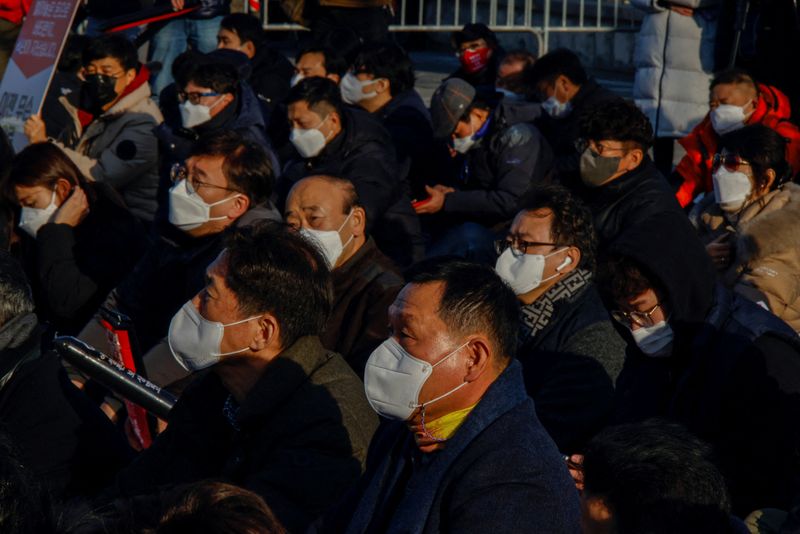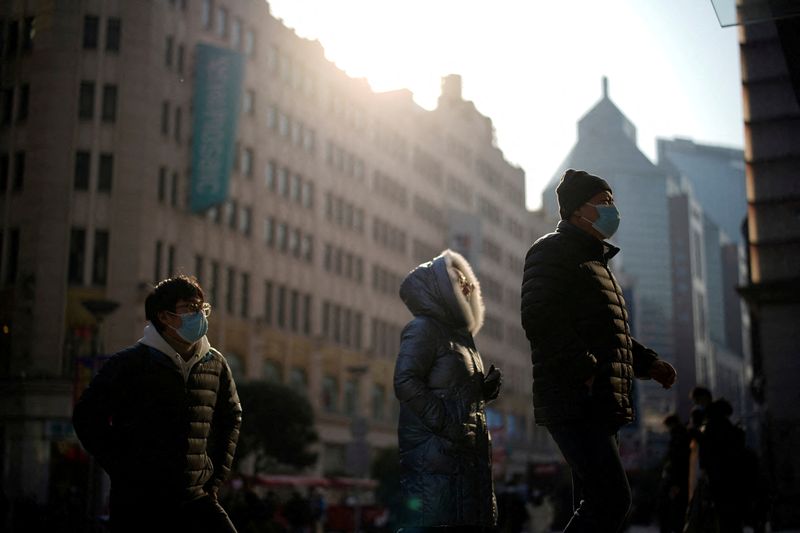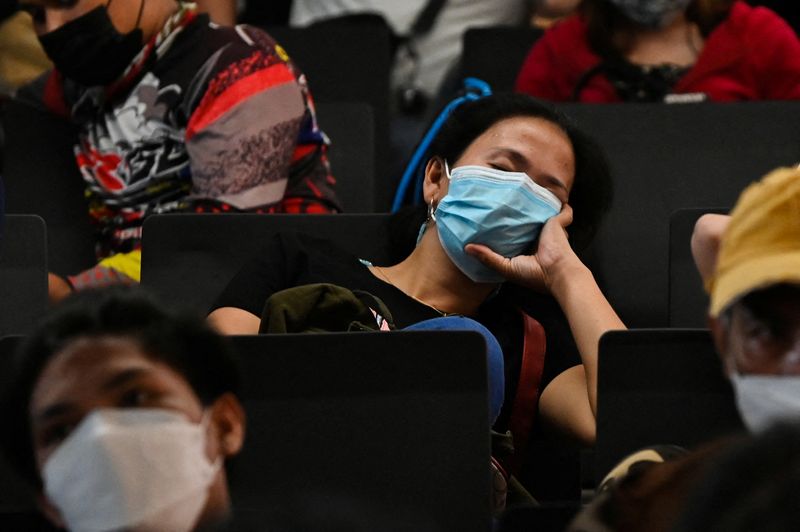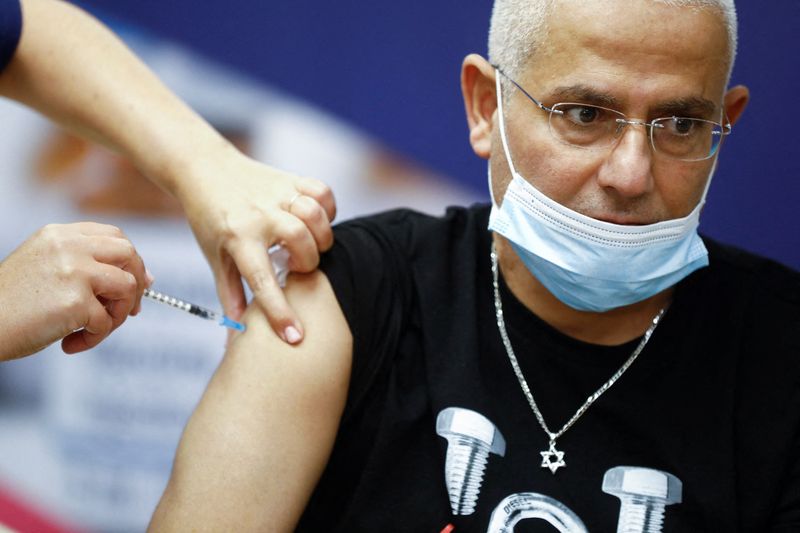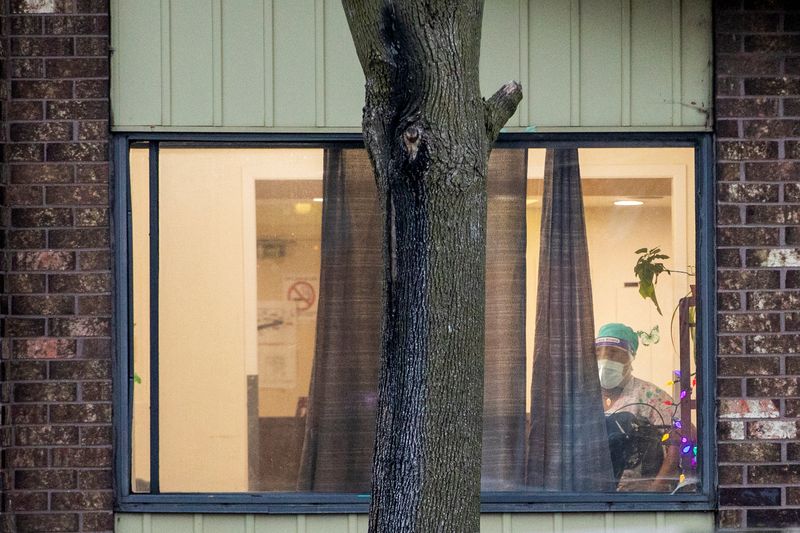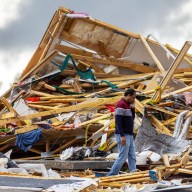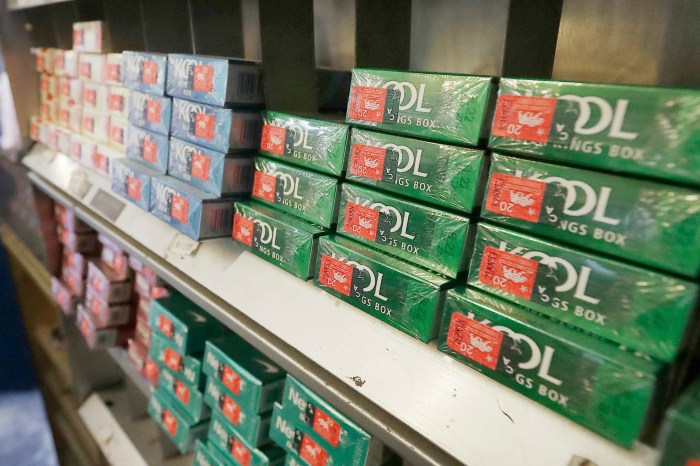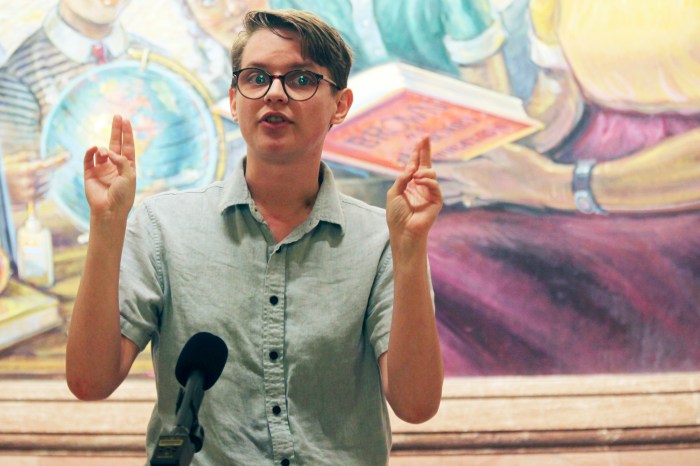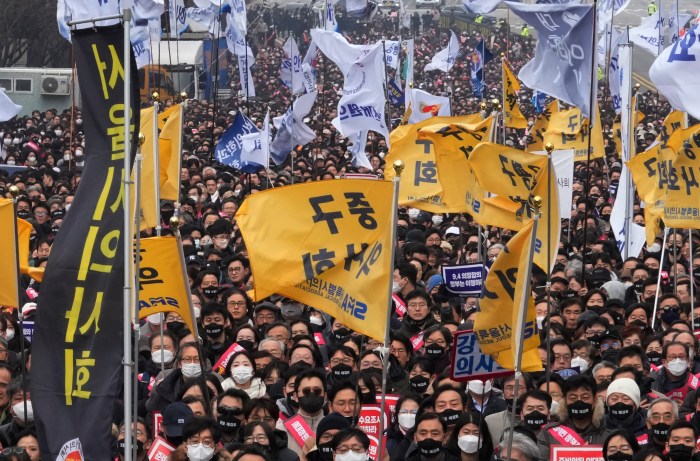(Reuters) – Here’s what you need to know about the coronavirus right now:
South Korea to extend curbs amid Omicron surge
South Korea said on Friday it would extend stricter social distancing rules for two weeks amid a persistent surge in serious coronavirus infections and concerns over the spread of the highly contagious Omicron variant.
The government reinstated the curbs on Dec. 18, six weeks after easing them under a “living with COVID-19” scheme, as record-breaking numbers of new infections and serious cases put a huge strain on the country’s medical system.
Chinese cities on alert as New Year holiday looms
China is on high alert against COVID-19 as the New Year holiday looms, with the city of Xian under lockdown while several New Year’s Eve events in other cities have been cancelled and some provinces urged restraint in travel during the festive season.
China reported 166 locally transmitted infections with confirmed symptoms for Thursday, according to the National Health Commission, with 161 from Xian, which is fighting the worst outbreak for a Chinese city this year.
Hong Kong’s health officials said on Friday the Omicron variant has made its way past some of the world’s toughest COVID-19 restrictions, with the city reporting its first cases outside its strict quarantine system.
Philippines limits mobility, business in capital area
The Philippines will impose tighter curbs in the capital region for the next two weeks, the acting presidential spokesperson said on Friday, to try to limit Omicron infections.
The health ministry on Friday recorded 2,961 new coronavirus infections, a two-month high, and reported a positivity rate of 10.3%.
Israel extends second booster to elderly in care facilities
Israel is extending its offer of a fourth COVID-19 vaccine dose to elderly people in care facilities, Health Minister Nitzan Horowitz said on Friday, citing their high exposure and vulnerability to infections.
On Thursday, the Health Ministry’s director-general, Nachman Ash, approved fourth doses for people with weakened immune systems and the administering of those shots began on Friday.
Sinovac shot with Pfizer booster less effective against Omicron – study
Sinovac’s two-dose COVID-19 vaccine followed by a booster Pfizer-BioNTech shot showed a lower immune response against the Omicron variant compared with other strains, according to a study by researchers.
The study, which has not been peer-reviewed yet, was conducted by researchers from Yale University, the Dominican Republic’s Ministry of Health and other institutions.
Britain approves Pfizer’s antiviral COVID-19 pill
Britain has approved Pfizer’s COVID-19 pill for adults who have mild to moderate infection and are at high risk of their illness worsening, its second easily administered antiviral against the coronavirus.
Britain is scrambling to build its defences amid a record surge in COVID-19 cases in the winter season as the Omicron variant spreads quickly.
Quebec announces curfew, Ontario cuts isolation period
Canada’s Ontario and Quebec announced fresh measures to combat COVID-19 on Thursday as the country faces a rise in cases that has forced tens of thousands into isolation, made tests difficult to access and burdened its healthcare sector.
Quebec, Canada’s second-most populous province, will ban private gatherings and dining out, as well as impose a night curfew from New Year’s Eve in an escalation of curbs to rein in rapidly rising coronavirus cases due to Omicron.
(Compiled by Linda Noakes; Editing by Alex Richardson)

